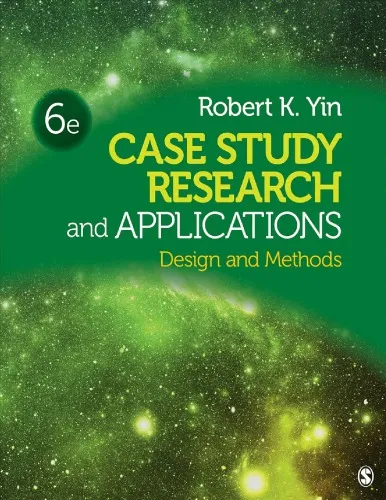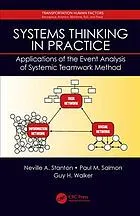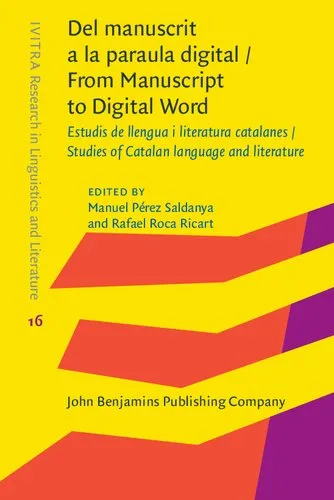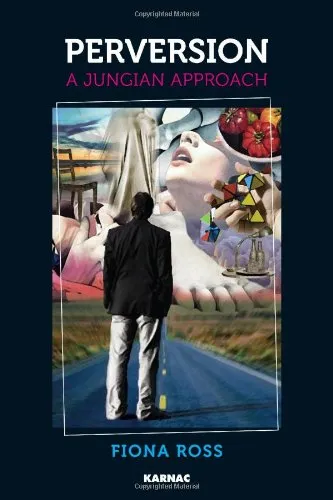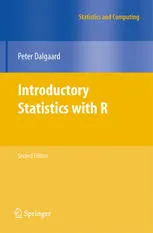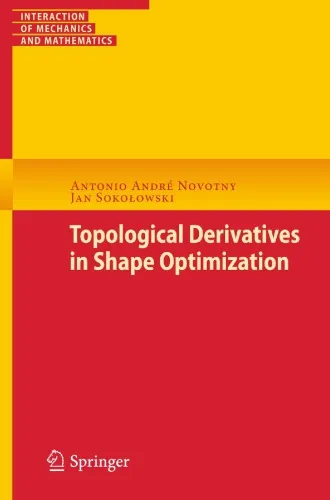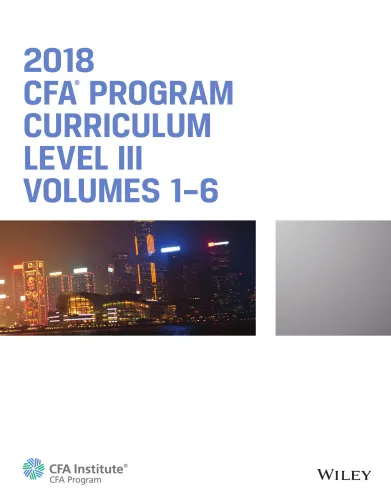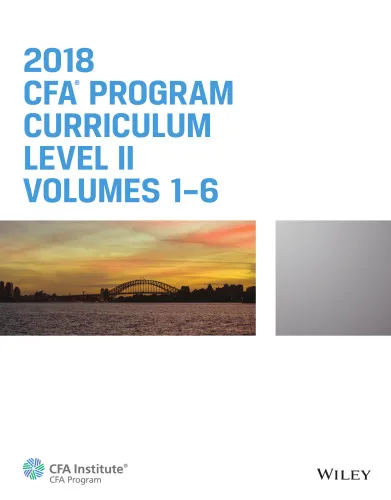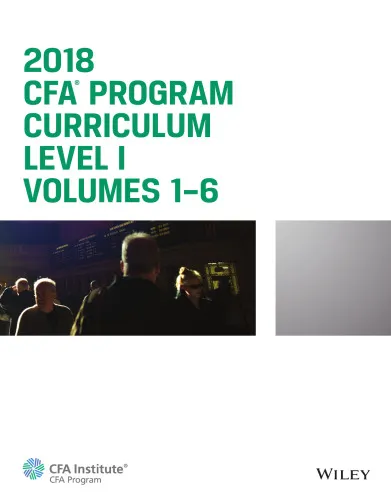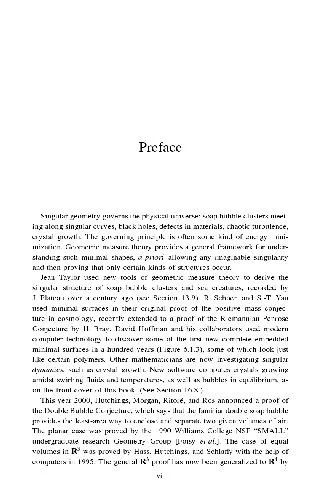Neophilologus
4.3
Reviews from our users

You Can Ask your questions from this book's AI after Login
Each download or ask from book AI costs 2 points. To earn more free points, please visit the Points Guide Page and complete some valuable actions.Related Refrences:
Analytical Summary
Neophilologuspp.225—234 stands as an incisive scholarly exploration positioned at the intersection of philology and comparative literature. This section of the work is not merely a passage in an academic journal; it represents a dense but rewarding engagement with linguistic structures, historical developments, and cultural dialogues that shape interpretive traditions.
The primary objective within Neophilologuspp.225—234 is to dissect layers of meaning embedded in texts, observing both macro-level thematic currents and micro-level linguistic nuances. W. Schrickx crafts the narrative with an authoritative voice, guiding readers through complex arguments that are meticulously supported by textual evidence. Instead of broad generalizations, the analysis employs close reading to articulate subtle distinctions—something essential in philological inquiry.
Readers are invited to observe how comparative literature studies function as a bridge between geographically and temporally distant cultures. The arguments extend into discussions of translation fidelity, semantic drift across time, and interpretive variance across linguistic communities. Every paragraph forms part of a coherent analytical arc aimed at expanding both theoretical understanding and practical methodology in scholarly interpretation.
Key Takeaways
From Neophilologuspp.225—234, serious readers and academics will derive durable insights that enhance their approach to textual analysis and comparative scholarship.
First, philological analysis requires an acute sensitivity to historical context—an observation reinforced throughout the text. Second, comparative literature studies are enriched when both linguistic and cultural perspectives are balanced. Third, precision in interpretation is not a luxury but a necessity in preserving scholarly integrity. Fourth, cross-cultural textual dialogue can uncover unexpected thematic convergence. Finally, methodological rigor safeguards against interpretive oversimplification.
Memorable Quotes
“Close reading is the scholar’s most reliable compass through the terrain of nuanced meaning.”Unknown
“Comparative study reveals that words carry the weight of worlds, both spoken and unspoken.”Unknown
“Philology is not the study of words alone, but of the human experience they encapsulate.”Unknown
Why This Book Matters
Neophilologuspp.225—234 occupies a unique place in academic discourse, offering tools and perspectives that can reshape an entire approach to scholarship.
In a world where interdisciplinary research increasingly defines intellectual progress, philological expertise remains a cornerstone of meaningful academic exchange. The work’s integration of linguistic precision with cultural contextualisation makes it essential for those involved in comparative literature studies. The text achieves a rare synthesis: it teaches methodology while simultaneously exemplifying it, thereby serving as both a guide and a model.
Information unavailable on awards or year of publication—no reliable public source confirms these details. Nevertheless, the piece’s influence rests not on accolades, but on its sustained relevance and application in modern research. Its structured approach to textual engagement allows scholars to approach complex materials with clarity and confidence, elevating both individual projects and collective scholarly standards.
Inspiring Conclusion
Neophilologuspp.225—234 continues to beckon the attentive reader into a world where language and culture converse across the boundaries of time and space.
For academics, professionals, and earnest enthusiasts, this work exemplifies the enduring significance of philological analysis married to comparative literature studies. It invites you not only to absorb its insights but to extend them—through your own research, discussions, and collaborations. Engaging deeply with Neophilologuspp.225—234 can elevate your interpretive acumen, refine your methodological toolkit, and connect you with a tradition of inquiry that values precision, context, and cultural dialogue. The next step is clear: read with intent, share with peers, and discuss with vigor.
Free Direct Download
You Can Download this book after Login
Accessing books through legal platforms and public libraries not only supports the rights of authors and publishers but also contributes to the sustainability of reading culture. Before downloading, please take a moment to consider these options.
Find this book on other platforms:
WorldCat helps you find books in libraries worldwide.
See ratings, reviews, and discussions on Goodreads.
Find and buy rare or used books on AbeBooks.
1046
بازدید4.3
امتیاز0
نظر98%
رضایتReviews:
4.3
Based on 0 users review
Questions & Answers
Ask questions about this book or help others by answering
No questions yet. Be the first to ask!



